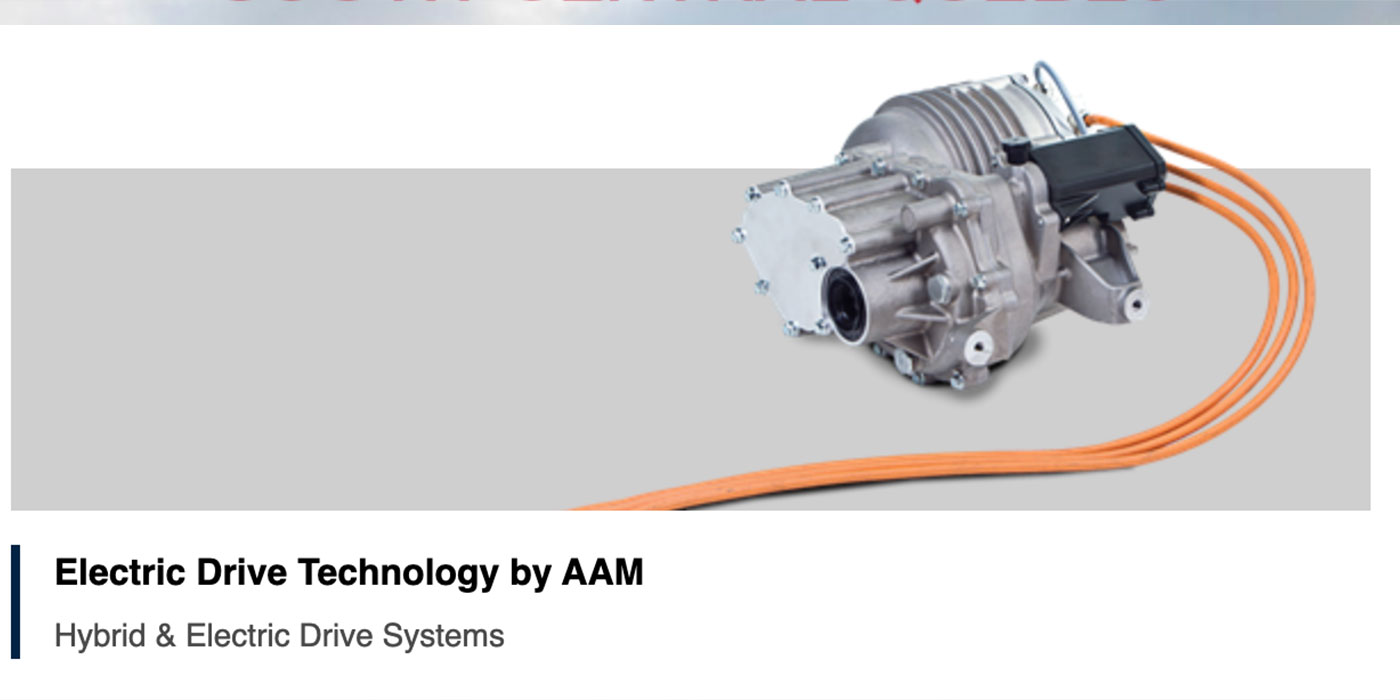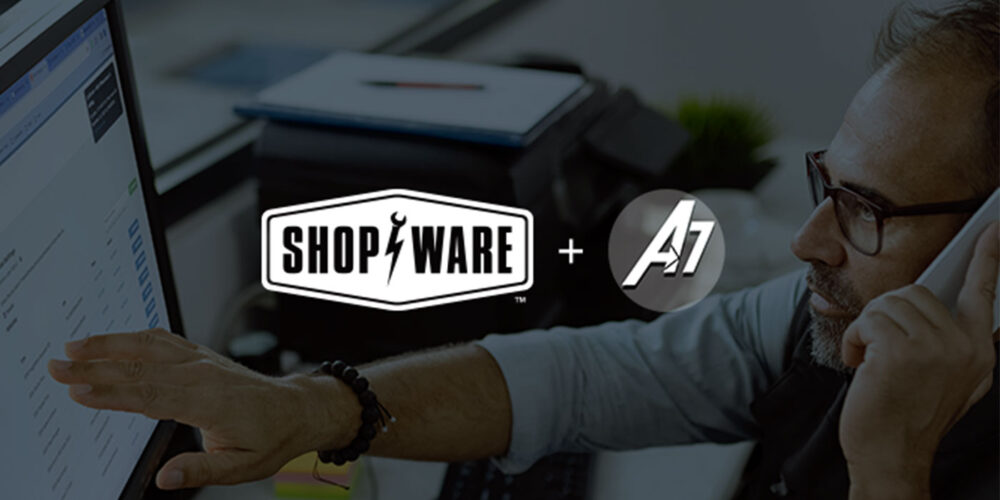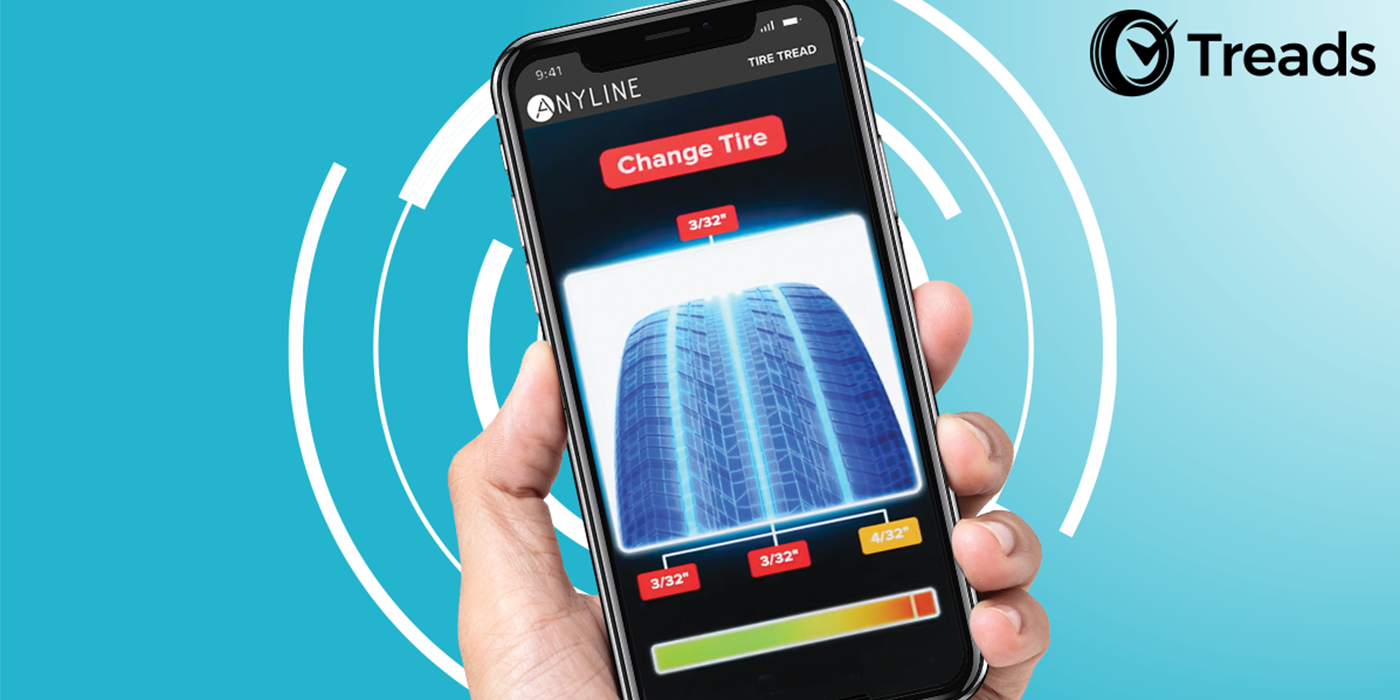I will admit, it takes a lot to influence me. Last weekend at the US Institute of Management Consultants’ annual conference Consult-Con, I heard a remarkable speaker, Steve Pemberton, the chief human resources officer at Workhuman. Workhuman considers itself the world’s fastest-growing social recognition and continuous performance management platform – and it probably is. When you read this Herman Trend Alert, you will understand why I am so impressed, and I expect, like me, it may change the way you think about bonuses and recognition.
Bonuses are Important
Few who know anything about human performance would dispute that bonuses are helpful for retaining employees, increasing productivity, and keeping employees optimally engaged. However, what I learned from Pemberton is that the timing of those bonuses can make a substantial difference. You can give an employee a $2000 bonus at the beginning of the year and that will have a positive effect for a few weeks or even a possibly few months. Now imagine that instead of a lump sum bonus, that bonus was divided into dozens of smaller bonuses throughout the year? But wait, there’s more …
A Culture of Gratitude
It was Dr. Robert Emmons who said, “You cannot overplay the hand of gratitude. Gratitude is the ultimate performance-enhancing substance.” The Workhuman model gets even better: each and every employee is empowered to recognize his/her fellow employees and that recognition is not only financial, but social recognition as well.
The Benefits are Many
This culture of giving and receiving recognition engenders tremendous benefits. Employees are more alert, alive, and awake. They experience more joy, pleasure, optimism, and happiness. In addition, there are physical benefits: bolstered immune systems, less bothered by aches and pains, reduced blood pressure, people tend to exercise more, and they sleep longer, so they feel more refreshed. As if that were not enough, there are social benefits as well: people feel encouraged to be more helpful, generous, and compassionate, more forgiving, more outgoing, and best of all, they feel less lonely and isolated – especially important in the time of COVID. Workers who are recognized in the previous month report lower levels of stress.
Taking that Recognition to the Next Level
My favorite meal kit company is called Purple Carrot. In the heat of the summer with sandstorms, fires, and hurricanes, there were weeks when my delivery was one or two or even three days late. Since each of their dinners includes at least some type of fresh food, their customer service staff was justifiably concerned. Jamie and Sarah worked with Federal Express and me to make sure I was a happy customer and to ensure that the delivery company would make my delivery more of a priority. Not only did they give me a refund on the food that was delivered three days late, but they gave me the opportunity to reward my customer service rep Jamie with three different levels of bonuses: a cup of coffee, a gift card, or a free lunch. As a loyal customer, I really liked that; it was meaningful to me to be able to say, “thank you” and know her service would be recognized by the company.
The Long-Term Benefits for Companies
According to the 2019 Global Happiness and Well-Being Policy Report, produced by the Global Happiness Council (GHC), 54 percent of employees who received three or more awards in three years showed a year-over-year performance increase. According to the Workhuman Survey Report from 2017, people who have given recognition to another employee in the past two months love their jobs more (75 versus 48 percent), recommend their companies at a higher rate (83 versus 63 percent), identify as more highly engaged (89 versus 64 percent) and perhaps most important of all, feel like they have had a more positive work experience (82 versus 58 percent). Procter and Gamble discovered that people who had received five awards through their ‘Power of You’ program were two times less likely to leave. Even highly compensated employees are increasingly less likely to leave with the receipt of at least two awards and that desire to stay increases with the number of awards received. Companies with strong recognition programs see 65 percent lower time lost from incidents than companies with weaker ones.
I could go on and on. All of this evidence makes infinite sense, and I will certainly be recommending these strategies and tactics to my clients as we move into the future together.
Special thanks to Steve Pemberton and IMCUSA for having had him as their speaker. Besides being a top-drawer recognition professional, Steve’s poignant personal story was immortalized in a movie you may have seen called, A Chance in the World. For companies that are wondering how to do recognition right, take a look at the Workhuman. platform. You will be glad you did!
*********
© Copyright 1998-2020 by The Herman Group, Inc. — reproduction for publication is encouraged, with the following attribution: From “The Herman Trend Alert,” by Joyce Gioia, Strategic Business Futurist. 336-210-3548 or http://www.hermangroup.com. To sign up, visit http://www.HermanTrendAlert.com. The Herman Trend Alert is a trademark of The Herman Group, Inc.”














